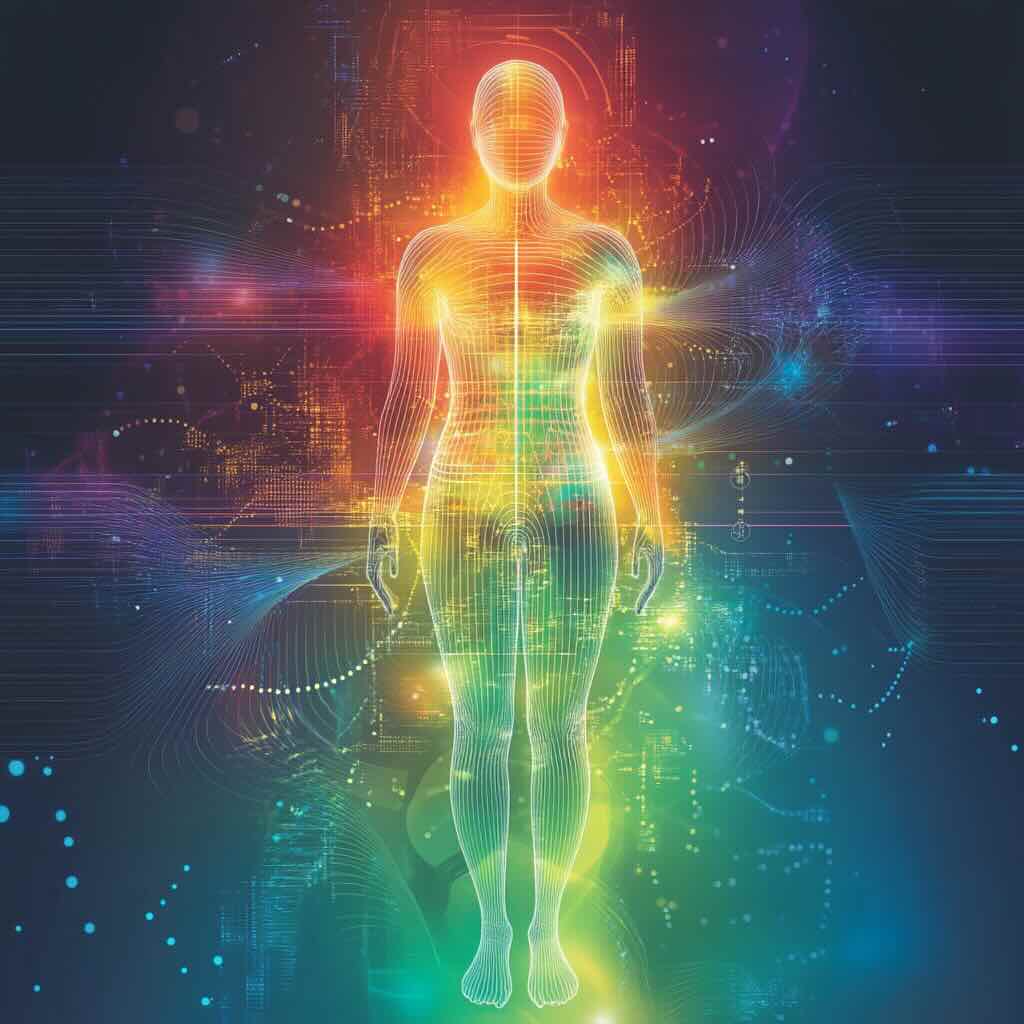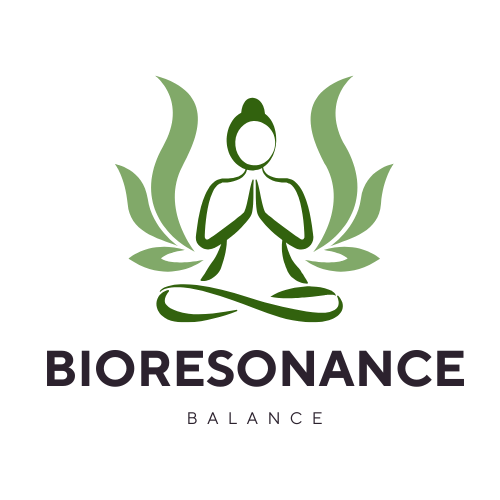Bioresonance therapy has been gaining traction in alternative medicine circles for its promise to help treat a wide range of ailments—from allergies to chronic pain. But does bioresonance work to treat depression?
This article explores the science, skepticism, and real-world insights surrounding this controversial therapy.

What Is Bioresonance Therapy?
Bioresonance therapy is a non-invasive treatment based on the idea that each cell in the body emits electromagnetic waves. Proponents claim that imbalances or “distortions” in these frequencies can cause illness. Bioresonance devices are designed to detect these distortions in frequencies and correct them to help restore health. There is a belief in the bioresonance community that restoring natural balance of the body’s meridian system will promote natural healing. The bioresonance method is also a non invasive therapy.
Bioresonance therapy aims to address the root cause of a health problem, not just manage symptoms. Originating in Germany in the 1970s, the therapy is now offered in clinics worldwide, often marketed as a complementary treatment for conditions such as:
- Chronic fatigue
- Digestive disorders
- Allergies
- Depression and anxiety
- Reducing symptoms of functional gastrointestinal complaints

Can Bioresonance Help With Depression?
Depression is a massive problem today. Depression can bring physical symptoms, such as a lack of pleasure in activities, and impact relationships and overall quality of life.
There have been a number of peer reviewed studies on the National Institute Of Health’s website showing positive affects of treating depression with Bioresonance therapy, especially when combined with traditional therapies.
Two well known studies:
Bioresonance Therapy May Treat Depression
Bioresonance: An alternative therapy for mild and moderate depression
Both studies showed a statistically significant reduction using bioresonance therapy. The study included patients with recurrent mild and moderate depressive disorder as per the criteria listed in the Diagnostic Manual of Mental Disorders Five (DSMV). The bioresonance treatment consisted of 20 min and was conducted using a Mora Nova bioresonance device. Standardized mora bioresonance therapy is the most common device used in research studies. Patients were evaluated according to the Hamilton Depression Rating Scale.

The Science Behind Bioresonance and Depression
A 2022 placebo-controlled study in Experimental and Therapeutic Medicine evaluated its effects on mild to moderate recurrent depressive disorder. Patients treated with bioresonance for five weeks showed a mean improvement of 3.1 points on the Hamilton Depression Rating Scale (HDRS), compared to 2.2 points for those on selective serotonin reuptake inhibitors (SSRIs). The difference was statistically significant (P<0.0001), suggesting bioresonance may outperform SSRIs in some cases.
Another 2021 study in the Journal of Medicine and Life tested bioresonance alone and with antidepressants. Results showed reductions in HDRS scores of 3.1 (bioresonance only) and 3.8 (combined therapy), compared to 2.3 for antidepressants alone. Researchers concluded it could be a useful standalone or complementary treatment for moderate depression.
Some areas it helps:
- Balance brainwave frequencies associated with mood
- Reduce inflammation linked to depressive symptoms
- Detoxify the body, leading to improved mental clarity
- Relieve stress and anxiety, both of which contribute to depression
Some even suggest that by correcting energy imbalances, bioresonance can tackle the root cause of health issues, not just the symptoms.

Why This Matters
With rising interest in complementary therapies, bioresonance has sparked both hope and skepticism. Depression is a complex condition ranging from mild to severe. It is one of the psychiatric disorders that often resists conventional treatments. Treatment resistant depression leaves patients searching for alternative treatments and self healing practices.
Depression and depressive symptoms respond best to multiple complementary treatments.
Is Bioresonance Safe?
Most users report no adverse effects, making it a low-risk therapy. The only danger with bioresonance could be relying solely on bioresonance while delaying or avoiding evidence-based treatments like:
- Cognitive Behavioral Therapy (CBT)
- Lifestyle interventions (exercise, nutrition, sleep hygiene)

Is Bioresonance Therapy an Effective Alternative Therapy?
Bioresonance therapy, especially combined with other forms of therapy has shown promising results in health outcomes with mild and moderate depression. It is commonly used as a supplement for treating depression along with other alternative therapies. It is safe when used as a supportive treatment under the guidance of a trained professional. Bioresonance therapy has shown strong evidence to improve a wide range of health conditions, including mild and moderate depression, functional gastrointestinal complaints.
At this time, Marketing and advertising for bioresonance therapy in the United States and the United Kingdom is considered misleading. We make no claims, just provide the latest research studies for bioresonance therapy.
Major depressive disorder (MDD) and its effects on mental health
Author Note: This article discusses findings around mild and moderate depression and does not discuss Major Depressive Disorder which needs medical intervention and medical treatment. Severe depression and mental health issues should always be discussed with a Licensed Therapist.
Notes on MDD:
- MDD is a mental health condition that affects a significant portion of the population.
- MDD can cause permanent impairment to the hippocampus, a component of the limbic system that processes and stores new memories.
- Prolonged depression can lead to abnormalities in the morphology of cortico-limbic areas involved in emotional responses and autonomic regulation.
Alternative Therapies for Depression
- Many effective alternative and complementary medicine therapies offer similar benefits to bioresonance and also have the backing of more robust research.
- Examples include homeopathic remedies, hyperbaric oxygen therapy, and acupuncture.
- Neuroacoustic brainwave entrainment and electromagnetic frequency bio-resonance are also alternative therapies that can be used to treat depression.
- Repetitive Transcranial Magnetic Stimulation (rTMS) is a pulsed magnetic field therapy using a rapidly changing magnetic field to stimulate cortical neurons.
- rTMS has been beneficial in therapy for many neuropsychiatric conditions, including anxiety disorder, depression, and bipolar disorders.
- Personalized repetitive transcranial magnetic stimulation (PrTMS)
*Bioresonance Balance shares this research for informational purposes only. At this time, Marketing and advertising for bioresonance therapy in the United States and the United Kingdom is considered misleading. We make no claims, just provide the latest research studies for bioresonance therapy.
